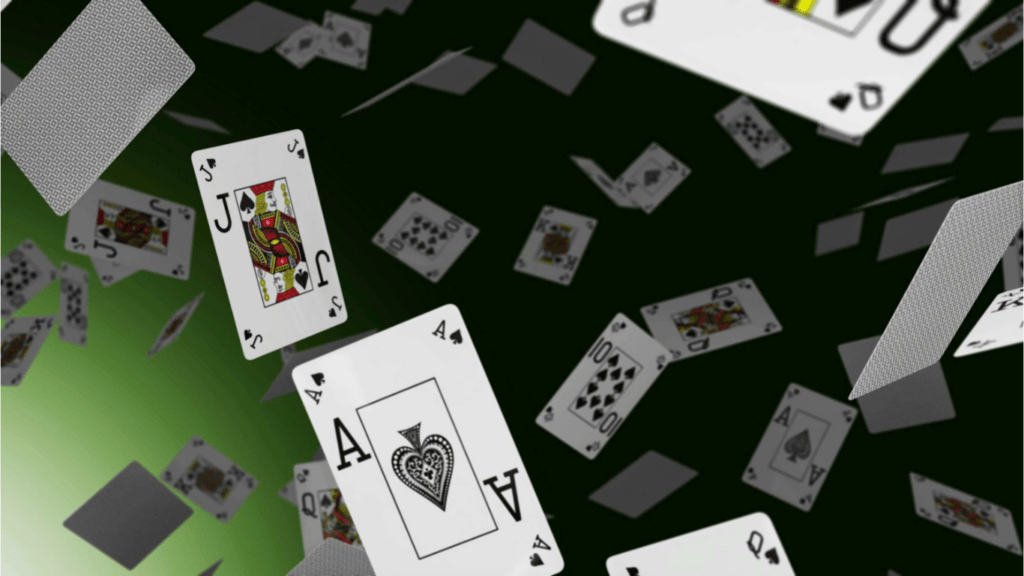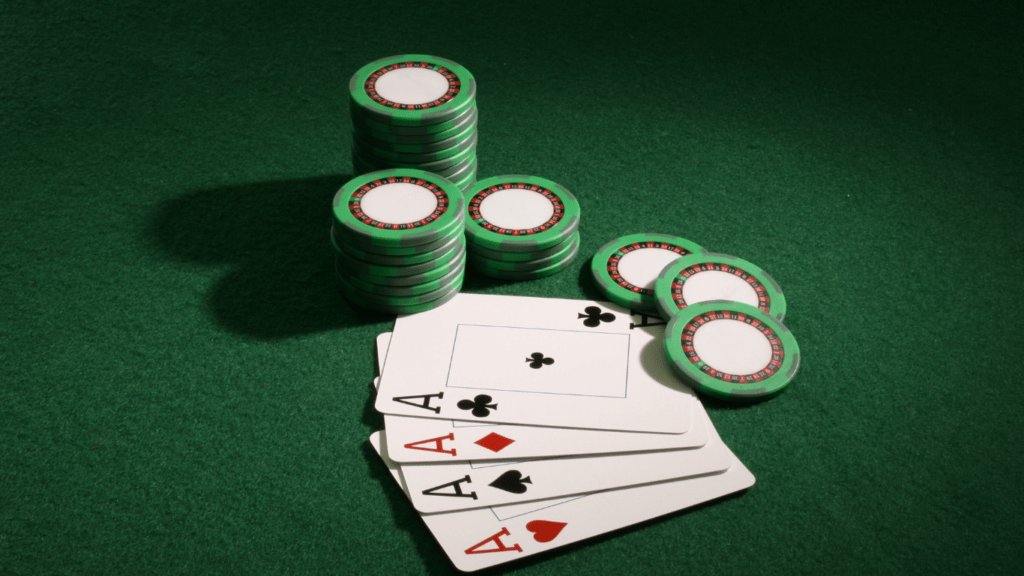Misunderstanding Basic Strategy
Basic strategy maximizes your chances of winning. Many players misinterpret this, leading to costly mistakes. They often deviate from the strategy based on gut feelings, which undermines its effectiveness. It’s vital to trust the strategy without second-guessing.
Overvaluing Hands
Players often overvalue hands, especially soft hands (e.g., Ace-6). They think these hands guarantee a win, causing them to make risky plays. Stick to the basic strategy to manage these hands effectively.
Ignoring Dealer’s Upcard
Many players focus solely on their cards, ignoring the dealer’s upcard. The dealer’s upcard impacts your decisions; for example, hitting against a dealer’s 10 is different than hitting against a 6. Always consider the upcard when making decisions.
Misinterpreting Splits and Doubles
Splitting and doubling down are critical moves often misunderstood. Players might split tens or fail to double down on favorable hands because they’re unsure when to use these tactics. Reference the basic strategy chart to master these moves.
Failing to Adjust for Number of Decks
Different numbers of decks require slight adjustments to the basic strategy. In multi-deck games, certain decisions change. Players ignoring these adjustments reduce their chances of winning. Learn the slight variations needed for different deck counts.
Misusing Insurance
Players frequently misuse the insurance option. Although it seems like a protective measure, insurance is a bad bet in the long run. Basic strategy advises against taking insurance—following this advice will improve your overall success.
Chasing Losses
- Chasing losses is a critical mistake in blackjack. Players often try to recover their money by increasing bet sizes after a losing hand. This behavior leads to larger losses if the player continues to lose.
- Consider budget limitations and stay disciplined. Set a loss limit before playing, and stick to it. If losses reach this limit, walk away without trying to win it back.
- Track bets and outcomes. Keeping a record helps identify patterns in betting behavior and prevents chasing losses. It also aids in evaluating playing strategy and making informed adjustments.
- Avoid emotional decisions. Remaining calm and focused is key. Emotional responses often lead to poor decision-making and impulsive betting, increasing the chances of further losses.
- Understand blackjack odds. Knowing the game’s house edge and statistics helps maintain realistic expectations and avoid the trap of chasing losses. It reinforces the importance of strategy over emotional reactions.
By focusing on these practices, players can maintain better control over their blackjack game, minimizing the potential for significant losses due to chasing losses.
Bankroll Mismanagement
Mismanaging your bankroll can be detrimental in blackjack. Players should prioritize budget management to enhance their gaming experience and improve chances of winning.
Betting Too Much
Placing large bets relative to your bankroll creates significant risks. It reduces the number of hands you can play and leads to quicker losses. For instance, betting $50 on a $200 bankroll gives you just four attempts before depletion. Stick to betting 1-5% of your total bankroll per hand to prolong your gameplay.
Ignoring Table Limits
Ignoring table limits places your bankroll in jeopardy. Each table has minimum and maximum bet rules designed to accommodate varied player budgets. For example, at a $5-$500 table, betting $50 at a $100 bankroll table depletes funds rapidly. Choose tables where your bankroll allows for multiple bets, ensuring longer play and better risk management.
Ignoring Table Rules and Variations

Many players make the critical error of ignoring table rules and variations. Different casinos often have unique rules that can significantly impact the game’s outcome. For example, some tables require the dealer to hit on a soft 17 while others might not. Knowing these differences helps strategize effectively.
House rules can also vary widely, affecting your decisions. Rules about splitting aces or doubling down influence your approach. Always understand these rules before sitting down to play.
Side bets often appear at various tables, but they’re usually not advantageous. It’s essential to recognize when these bets detract from your main strategy. Ignoring this can lead to unnecessary losses.
Table etiquette and betting limits also play a role. Understanding minimum and maximum bets prevents you from overextending your bankroll. Knowing how and when to place bets keeps you in the game longer.
To maximize winnings, always research and understand table rules and variations. This informed approach helps in making optimal decisions and avoiding costly mistakes.
Playing When Tired or Distracted
Playing blackjack requires full concentration and alertness. Engaging in a game when tired increases the chance of mistakes. Fatigue impairs judgment and leads to poor decision-making. When I’m tired, I often miss important cues and make errors in basic strategy.
Distractions also pose a significant risk. Ambient noise, conversations, or electronic devices can shift focus away from the game. Missing dealer actions or forgetting the count affects overall performance. It’s essential to minimize distractions to maintain concentration.
I always ensure I’m well-rested before playing. Taking breaks helps keep my mind sharp. Staying hydrated and consuming snacks aids in alertness. Limiting screen time and finding a quiet environment eliminates unnecessary distractions.
Monitoring my own condition ensures optimal gameplay. Prioritizing focus and clarity when playing blackjack prevents common mistakes and maximizes chances of winning. These practices aren’t just beneficial for blackjack but for any strategic activity requiring high attention levels.
Not Taking Advantage of Comps and Promotions
Many players overlook the significant value of casino comps and promotions. Casinos offer these to attract and retain players. I capitalize on these opportunities to maximize table time and overall experience.
Registering for a Player’s Card
Most casinos offer a player’s card that tracks betting activity. I always register for this card because it accrues points for every dollar spent. These points can convert into free meals, hotel stays, and other rewards.
Understanding Promotion Types
Casinos frequently run promotions like:
- match play coupons
- special tournaments
I stay informed by checking casino websites or asking staff directly. Match play coupons, for example, can double the bet value, effectively increasing potential winnings.
Utilizing Comp Programs
Earning comps requires consistent gameplay. I focus on games and times offering higher comp rates. For instance, playing during off-peak hours can yield better comp rates as casinos incentivize traffic during slow periods.
Strategic Use of Comps
Maximizing comps involves using them strategically. I redeem points for items or services that I’d otherwise pay for, such as buffets or room upgrades. This approach reduces out-of-pocket expenses, ultimately extending my bankroll.
Avoiding Overstays and Misuse
While comps are beneficial, they shouldn’t dictate gameplay duration. I avoid staying longer solely for earning more comps. The key is to play responsibly and enjoy the additional perks without overextending my resources.

